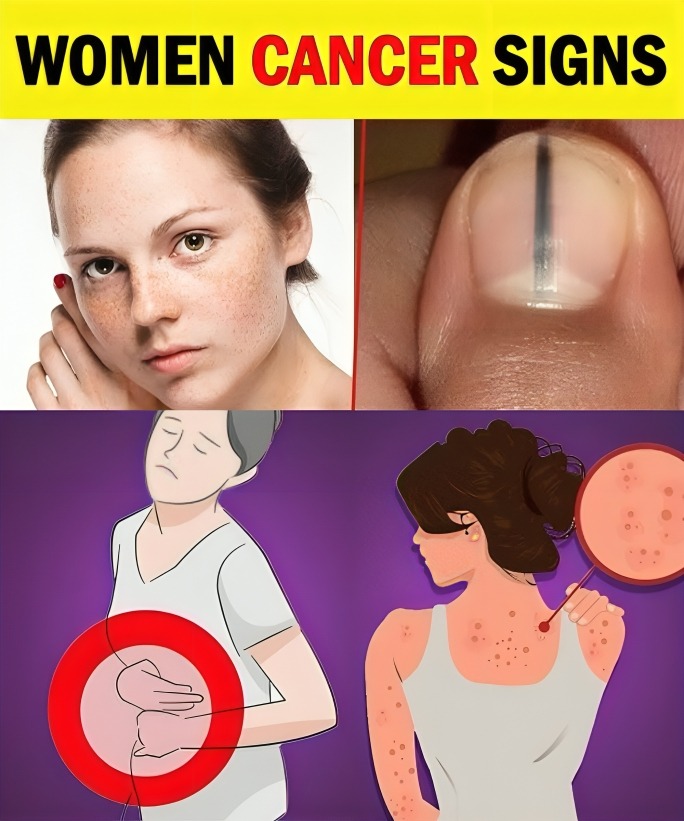
The cancer rate for women under age 50 is rising, according to the American Cancer Society. Fortunately, cancer mortality is on the decline, mainly due to early detection. However, many women overlook certain cancer symptoms, especially if they are young and healthy. But this disease can affect anyone at any age, so it’s important to know what signs to look out for. Women are more likely to get breast, endometrial, cervical, lung, colorectal, and skin cancer compared to men. So look out for strange symptoms indicative of these conditions.
Abnormal Vaginal Bleeding
Over 90% of people with endometrial cancer have non-period bleeding. It may not be easy to tell the difference for those with irregular menstrual cycles. Therefore, tracking periods is important for overall female health, and it can also be useful for cervical or vaginal cancer screening. Contact your doctor if you experience abnormally heavy bleeding, bleeding between periods, bleeding during intercourse, or bloody discharge. Additionally, people after menopause shouldn’t experience vaginal bleeding or spotting at all, according to the MD Anderson Cancer Center. Seek medical attention if this occurs.
Constant Fatigue
It’s normal to feel tired after a busy week, or if you’re experiencing burnout. However, regular fatigue should go away after proper rest and rejuvenation. But if nothing seems to help alleviate the exhaustion and it’s interfering with your job, hobbies, and overall quality of life, speak to your doctor. Don’t keep blaming your hectic schedule and hope “one restful night’s sleep” will fix it.
Breast or Nipple Changes
Breast cancer is most commonly found in women, and its symptoms are often discovered by accident. For example, lumps in the breast or armpits can be noticed during bathing, shaving, intimacy, or even itching. At the same time, look out for other abnormalities in that area, such as swelling, nipple discharge, dimpling skin, pain, itchiness, redness, skin thickening, and nipples that point inward.
Urinary Changes
Women tend to associate the symptom of urinating frequently with pregnancy, not cancer. However, a tumor can put pressure on the bladder in the same way fetuses do. If you’re not pregnant or haven’t recently started drinking more liquids, speak to a medical professional. Increased urination is also a common symptom of diabetes, which would require immediate attention. Other symptoms of cancer can resemble those of urinary tract infections, including pain during urination and trouble with emptying the bladder.
Bowel Changes
Bowel disorder symptoms are more common in women than men, according to a 2018 scientific review, but they should not be confused with signs of cancer. People used to hemorrhoids, irritable bowel syndrome (IBS), or inflammatory bowel disease (IBD) shouldn’t dismiss their symptoms if there’s a persistent change in their bowel habits (or suddenly a new habit where there used to be none). This can include: constipation, diarrhea, abdominal pain, weakness, tiredness, unexplained weight loss, and thin or bloody stool.
Abdominal, Pelvic, or Back Pain
Many women may be accustomed to this kind of pain if they have endometriosis or severe menstrual cramps. However, ongoing discomfort and pain in the abdomen, back, or pelvic area could be indicative of ovarian, colorectal, or endometrial cancer, according to WebMD. This is often accompanied by symptoms pertaining to the digestive system, including gas, bloating, cramps, and unexplained weight loss.

